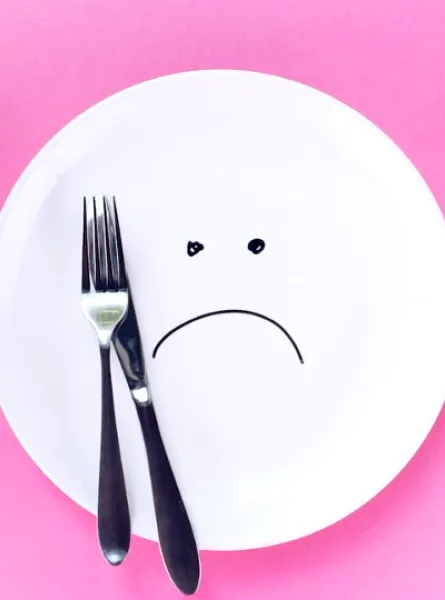
Although many of us have difficulty touching our toes without bending our knees, we are all more or less flexible. Because flexibility doesn't just apply to our physical condition, it also applies to our diet!
What is food flexibility?
Flexibility is allowing ourselves to navigate through our food environment while being indulgent with ourselves. Let me explain... Many people have principles (or even rules) that guide what they eat. It may be to try to listen to their hunger or satiety signals, to eat what they like most often, to eat at regular hours or to prioritize meals with good company. These principles vary greatly from person to person.
However, since we live in a complex and constantly changing world, we sometimes have to deviate from the principles we have set for ourselves. In some situations, we can no longer rely on our guiding principles to choose what to eat, with whom and when. And food flexibility means accepting that we must deviate from our principles and doing so without difficulty or guilt.
Examples of situations
In order to better understand what food flexibility is, here are a few examples...
-
My friends, whom I saw a long time ago, are meeting at the local creamery. I'm not very hungry, but I'll take a small cone and enjoy the moment with them.
-
I usually have dinner very early, but my father invited me to eat at his place tonight around 8pm. I'll have a little snack and wait to have dinner at his place.
-
Even if I don't feel like it, I'll eat the soft peppers in my fridge tonight, since they probably won't be good tomorrow.
Keeping things in perspective
While it is important to be flexible, we should not abandon our beliefs either. If you are vegan and a friend pressures you to try their hamburger, you don't have to try it! Just like you don't have to force yourself to eat your girlfriend's raspberry pie if you are allergic to it! With food as in life, it is important to keep things in perspective.
Why is this important?
Because imposing strict rules on ourselves without ourselves permission to deviate from them is frustrating. Especially when we are faced with situations where we are unable to follow them. This frustration can lead to guilt. And guilt is something we try to avoid at the table! Fortunately, the dietitian is there to help us achieve some flexibility.





